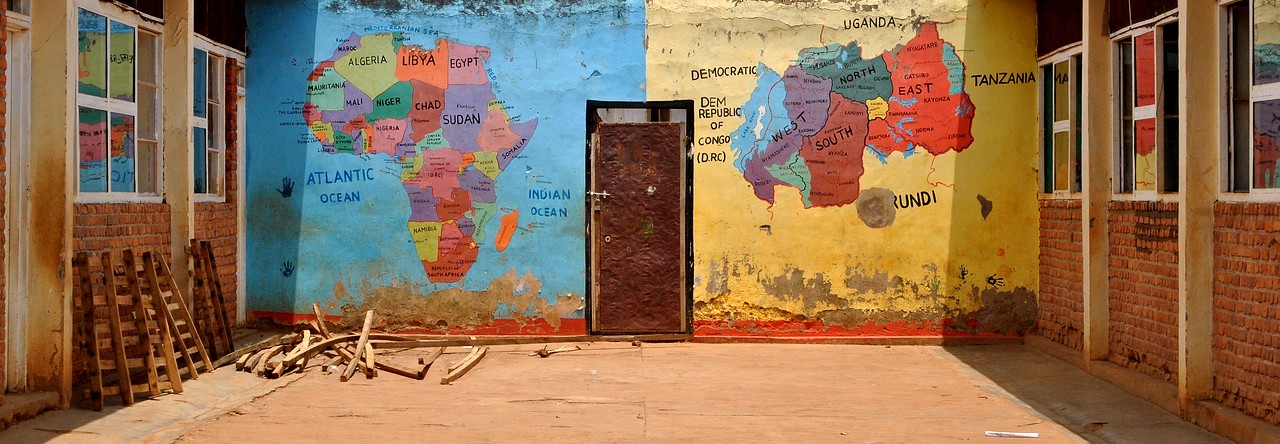 — By Sylvie from Cameroon
— By Sylvie from Cameroon
Dawn was almost breaking, so you could still hear the birds chirping, the cocks crowing, and my siblings snoring.
It was 5:30am, so I quietly slipped my way from our room to the kitchen, tiptoeing and being as quiet as I could to prepare the things I needed for the day’s restaurant sales.
I was 21, had graduated from the university and because of a lack of jobs in the country I opened a restaurant. I employed two people to help me and I couldn’t be prouder of myself.
When I finished packing, I rushed for a quick shower, got ready, and by 6am I left the house. Carrying the bags on my head, I walked through the dusty tiny path that linked our house to the main road. As I walked past the trees, I looked at the mud built houses occupied by the other jobless youths, and wondered how they paid their rent; I wondered if moving from the villages to the cities was a good idea for them, and I wished them well.
Finally, I arrived at the restaurant, it was an earth floored, brown painted two-room building bordered by two drugstores, a domestic gas seller to the right, a tiny passage to a motel where prostitutes lived, and a huge snack bar to the left. Business was active at the “Sodom and Gomorrah,” or as my mom called it, 24/7. The prostitutes were getting ready to retire as they had worked all night.
I opened the restaurant doors and walked through the first room, which was used for serving and eating, to the second room which was the kitchen. I used “salt-dust-pots” to cook the food, as it was cheaper, but it was some sort of a hassle to get it started. After about 30 minutes of pounding the dust into the locally made cooking utensil it was ready for use. I lit the fire, took a seat and started preparing the other ingredients for cooking; onion chopping, asparagus washing, spices blending and as I did, I heard a scratchy squeaky sound from the neighbor’s domestic gas shop, and I thought maybe he had forgotten to turn his radio off. I continued chopping, washing, cleaning, but the sound got louder and in a split of a second I saw a rushing flash of fire below my feet, and soon the entire kitchen was consumed in fire. Red curly puffs of fire covered my entire body. I got numb for a second and the next second I rushed out of the kitchen through the serving room to the street screaming “Fire!! Help!! Fire!! Fire!!” The prostitutes who had retired were the first to come to my aid as they too joined in screaming “Fire!! Fire!! Help!!” And in the next few minutes the entire place was filled up with people all trying to help, others rushing for sand to pour on the uncontrollable fire. The sounds of the gas bottles exploding could be heard from the neighbor’s shop, others were calling the fire fighters, and others were trying to save as much property as they could.
I was standing there covered in tears, hands on my head, no shoes on my feet as they had been burnt: I watched how the flames spread to the neighboring buildings, and in twenty minutes, millions of dollars worth of property were all burnt to ashes. Journalists, cameras, people all surrounded me asking what had happened and how I survived, and to this day I don’t have an answer to that question.

 — By Anibe from Nigeria
— By Anibe from Nigeria